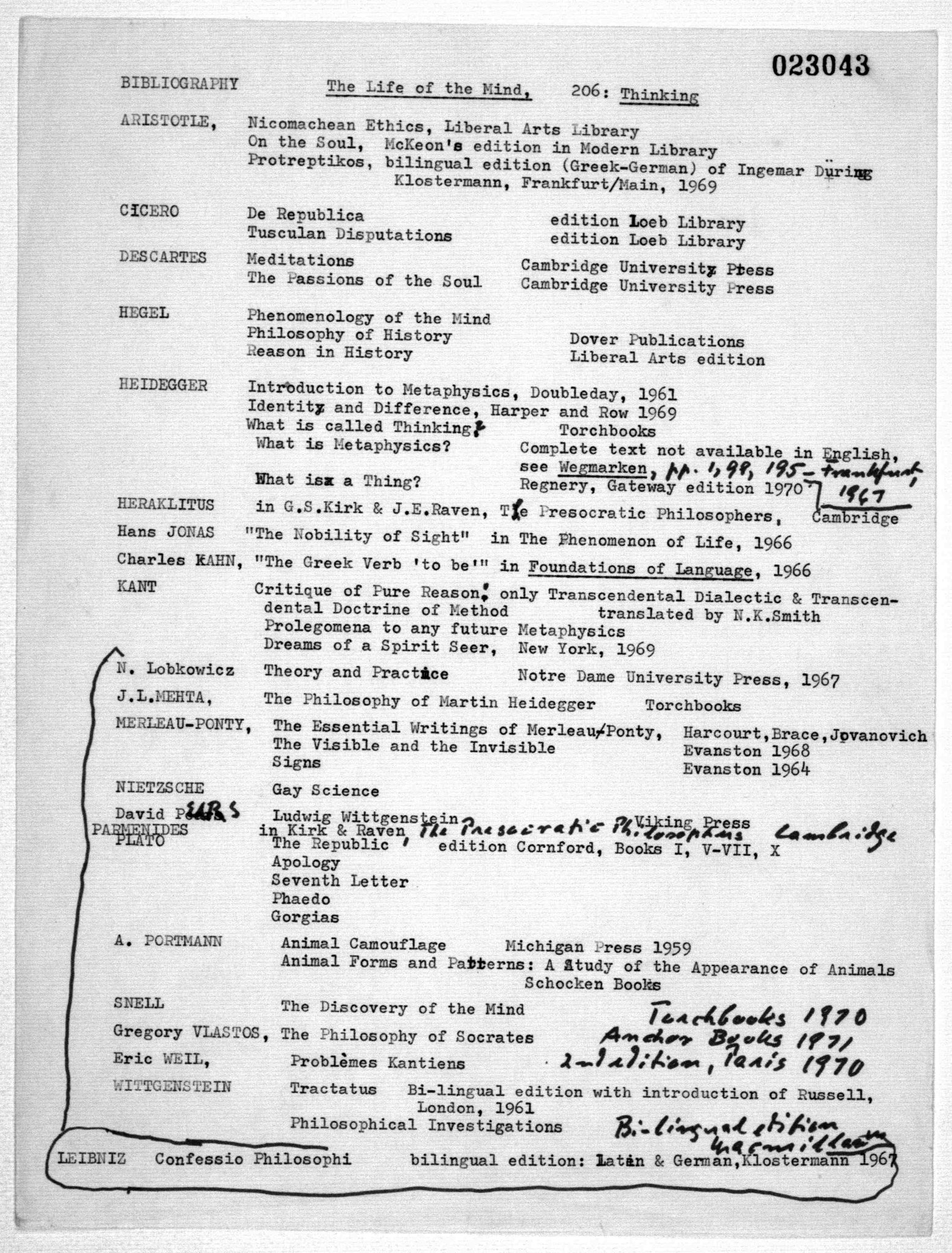Having previously considered whether comedians are the philosophers of our time, we must now ask whether they, too, build upon the work of other philosophers. Few of today’s most prominent funny men and women live a philosophical life — or have cultivated the temperament necessary to live a philosophical life — more publicly than Jerry Seinfeld. This has been suggested by, among other things, a 2012 New York Times Magazine profile by Jonah Weiner. “Seinfeld will nurse a single joke for years, amending, abridging and reworking it incrementally, to get the thing just so,” writes Weiner. “It’s similar to calligraphy or samurai,” Seinfeld says. “I want to make cricket cages. You know those Japanese cricket cages? Tiny, with the doors? That’s it for me: solitude and precision, refining a tiny thing for the sake of it.”
Or, as Seinfeld puts it in the more recent interview above with podcaster Graham Bensiger, he wants to know what time it is, but he wants even more to take the watch apart in order to learn how it works. This has become his lifelong quest, in his professional arena of comedy and with his other obsessions as well.
Cultivating both his understanding and himself has entailed indulging his taste for difficult situations, or rather, challenges within what he calls the appropriate “bracket of struggle.” At this point in the journey, he’s found what could at first sound like a surprising guide: second-century Roman emperor Marcus Aurelius, whose book the Meditations, along with Epictetus’ Enchiridion and the writings of Seneca the Younger, constitute the core texts of Stoicism.
To live Stoically in the Aurelian sense is to bear always in mind that, as Seinfeld puts it, “everything that you’re worried about is going to be gone like that. The people that are criticizing you, they’re going to be gone. You’re going to be gone. All this hand-wringing, worry, and concern over ‘How are people viewing me,’ ‘Someone said something bad about me’ — and you get so upset about it — is wasted time and energy.” In the view of Marcus Aurelius, “your only focus should be on getting better at what you’re doing. Focus on what you’re doing, get better at what you’re doing. Everything else is a complete waste of time.” It’s not hard to understand why such a worldview would appeal to the man Sarah Silverman, in the Times Magazine Profile, calls “the ultimate craftsman” among comedians.
In addition to the Meditations, Seinfeld also relies on the practice of actual meditation, which he credits with providing him both the physical and mental energy necessary to keep pursuing his goals into his seventies. “Meditation is like if I said to you, ‘I’m going to need you to get in the hot tub once a day, and just sit there for five minutes. Could you do that? That’s pretty easy. Meditation is even easier than that.” Exercise is the opposite, since it “takes more effort than anything,” but it’s become just as important a part of his life, the three keys to whose success he enumerates as follows: “Transcendental meditation, lift weights, espresso.” One likes to imagine that, had Marcus Aurelius installed a Marzocco up on Palatine Hill, he’d have enjoyed a few shots throughout the day too.
Related Content:
Marcus Aurelius’ 9 Rules for Living a Stoic Life
What’s the Deal with Pop Tarts? Jerry Seinfeld Explains How to Write a Joke
Seinfeld, Louis C.K., Chris Rock, and Ricky Gervais Dissect the Craft of Comedy (NSFW)
The Stoic Wisdom of Roman Emperor Marcus Aurelius: An Introduction in Six Short Videos
Based in Seoul, Colin Marshall writes and broadcasts on cities, language, and culture. He’s the author of the newsletter Books on Cities as well as the books 한국 요약 금지 (No Summarizing Korea) and Korean Newtro. Follow him on the social network formerly known as Twitter at @colinmarshall.



